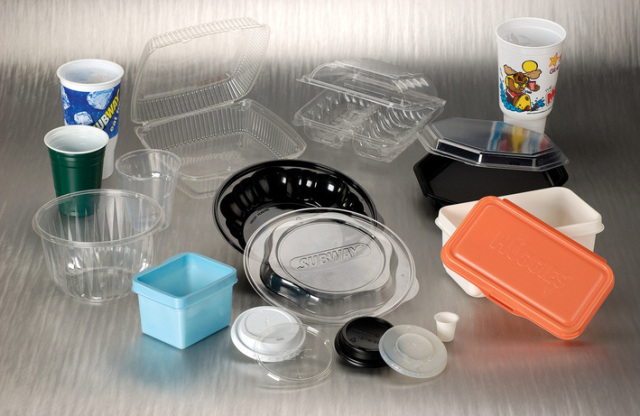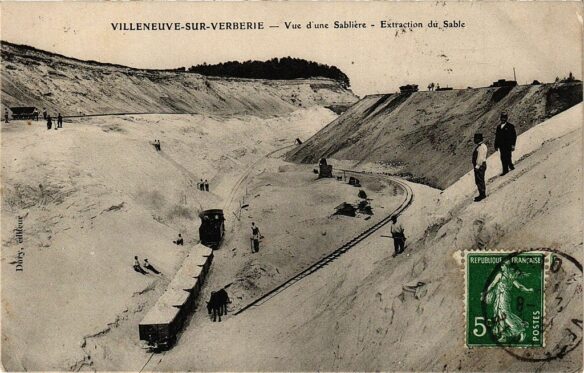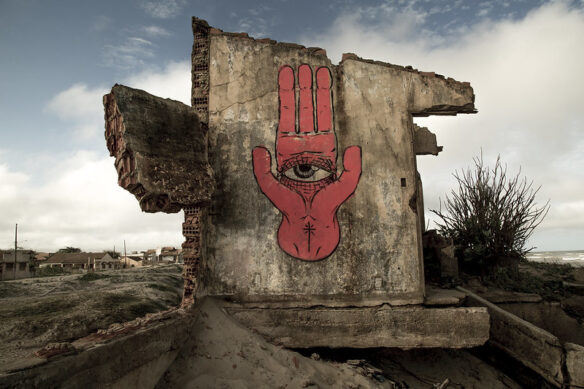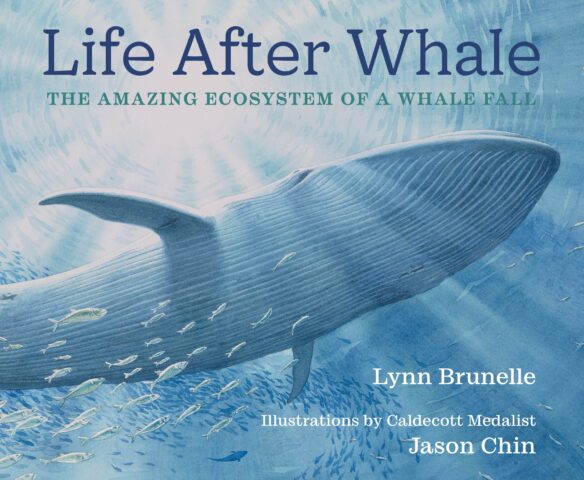Excerpt:
A new recycling plant in Mexicali raises legal and ethical concerns.
Just ahead of this year’s Super Bowl in February, the City of Phoenix, Arizona, published a peculiar press release touting its strategy for waste diversion. Thanks to its relationship with Direct Pack Incorporated, a multinational company that makes and recycles plastic, the city said it would be able to send much of its plastic waste to Mexico for recycling.
“[T]he City of Phoenix stands ready to achieve its goal of hosting the greenest Super Bowl events yet,” the announcement from Phoenix’s public works department said.
The city was referring to a forthcoming Direct Pack facility for recycling plastic items called PET thermoforms — clamshells, berry containers, salad boxes, egg cartons, and similarly shaped containers made from polyethylene terephthalate, one of the seven main kinds of plastic. Direct Pack already has a recycling facility in Guadalajara that it says can recycle tens of thousands of tons of PET thermoforms each year, and it’s been constructing a new one in Mexicali, Mexico, just across the border from California.
The facility is great news for plastic companies based in the U.S., where industry publications say PET thermoform recycling has remained “a struggle.” These companies face growing scrutiny over skyrocketing plastic pollution, and they have spent decades trying to convince the public that recycling is the answer. Direct Pack says on its website that it can give PET thermoforms new life again and again, turning plastic containers like those thrown away at the Phoenix Super Bowl into a “valuable infinite resource…”









